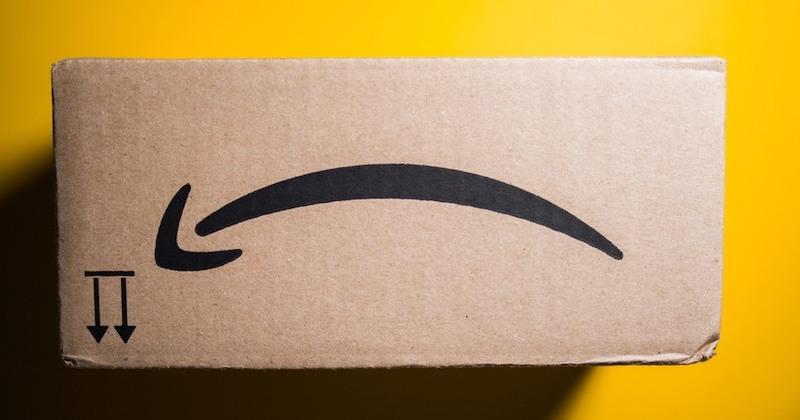In a move that has stirred considerable debate among Kindle users and tech enthusiasts, Amazon is set to change the way you interact with your ebooks. The tech behemoth has announced that starting next week, users will no longer be able to download ebooks for offline storage. This change has far-reaching implications, and in this blog post, we dive deeper into what it means for avid readers and how you can navigate this shift.
Understanding Amazon’s Latest Move
Amazon’s Kindle devices, and by extension their ebook offerings, have dominated the digital reading space for years. With a vast library of titles and a user-friendly platform, Kindle has created a haven for readers worldwide. However, the recent announcement to discontinue offline downloads changes the dynamics of ebook ownership. Amazon states this decision is part of an ongoing effort to enhance services and offer convenient access to ebooks through cloud-based reading.
The Implications for Readers
For many, the inability to download ebooks means a significant shift in how they consume digital content. Here are some of the potential impacts:
- Dependence on Internet Connectivity: With ebooks only accessible through a cloud service, readers will need a reliable internet connection to access their purchased content. This could present a challenge for those in areas with unstable connectivity or when traveling.
- Loss of Ownership: Traditionally, purchasing a book meant owning a physical copy. While ebooks have always been a bit of a gray area in terms of ownership, removing the download option further distances readers from “owning” their purchases. Instead, they are essentially renting access to content.
- Data Privacy Concerns: With all ebooks continuously stored in the cloud, consumers may have concerns about the security of their reading habits and personal data.
Adapting to Amazon’s New Model
While the implications might seem daunting, there are ways for readers to navigate these changes effectively:
- Leverage Offline Reading Features: Some Kindle devices offer temporary offline reading options where ebooks can be cached for short durations. Understanding how to use these features can provide some flexibility.
- Explore Alternatives: Consider using other ebook platforms that still allow downloads. Platforms like Apple Books or Kobo might offer more favorable terms if offline reading is crucial to you.
- Security Measures: Stay updated on the security measures Amazon employs to protect your data. Understanding how your information is stored and protected can ease privacy concerns.
Weighing Pros and Cons
As with any significant change, it’s vital to weigh the potential advantages and drawbacks:
- Pros: A cloud-based model often offers faster syncing across devices, ensuring you can pick up where you left off, regardless of the device you’re using. Cloud reading might also include better recommendations and integrations driven by AI.
- Cons: Beyond connectivity concerns, this model removes a layer of autonomy for users who prefer controlling their digital collections and how they access them.
Community Reactions
The news of Amazon’s changes has generated significant discussion across various platforms. Many Kindle users have taken to forums and social media to express their concerns and frustrations. Quotes like, “It feels like I’m losing the right to the books I bought” capture the sentiment shared by many. Still, others see this as a natural evolution towards more integrated digital services.
Final Thoughts
Amazon’s decision to eliminate ebook downloads challenges our traditional understanding of book ownership in the digital age. While potentially beneficial in some contexts, it underscores the importance of adapting and being proactive about how we handle our digital content. As consumers, it’s crucial to stay informed and consider how our choices align with our values and needs as readers.
For more details on this shift, you can access the original article on Literary Hub.


